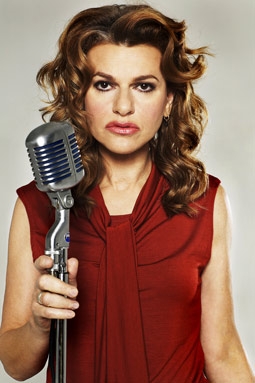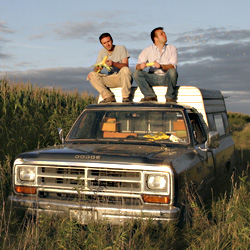Good intentions don’t always produce good movies. This debut from Richland, Wash.–raised writer-director Mari Marchbanks is a case study in earnest filmmaking gone wrong. Grace falters because it’s so obvious. A “wow, life sucks” plot links three dysfunctional Texas families. One is a clan of Georgian immigrants whose charming son, Kristofer (Gabriel Luna), is trying to fit in and make the high-school basketball team. He becomes romantically involved with Sarah (Kira Pozehl) of family two. Sarah’s drug problem alienates her from former friend Jessie (Jessica Roque) in family three. Jessie’s mother is clinically insane, but for some reason is allowed to roam around the streets of Austin screaming about Paris and scaring children with her wild hair.
The acting is stilted and slow. Rather than watching real people communicating on a deep and honest level, it feels more like watching acting students in a final class project. Pozehl’s supposedly conflicted Sarah comes off as a spoiled brat, making it impossible to root for her. What Kristofer sees in her is a mystery, but Luna is excellent and refreshingly genuine in the thankless role of the heart-of-gold immigrant. Roque is good, but the writing of this intimate ensemble piece requires her to passively sit and smile in silence as everything falls apart around her. And all three talk . . . very . . . slowly, with many long pauses, like Marchbanks fancies herself the Samuel Beckett of the Lone Star State.
Failures of technique aside, Marchbanks’ unhappy characters are engrossing enough to hold your interest through the film’s sudden tonal shifts. It hovers between suburban malaise and wistful hopefulness, committing to neither. Marchbanks could’ve helped matters by cutting out needless subplots—including Sarah’s adulterous, money-laundering mother—and focusing more on her three young leads. That way, when bad things threaten to happen (not that Marchbanks can commit to that, either), we’d actually care about the repercussions. By tying up all the loose ends so easily for these characters, Grace makes their problems register as no more than a shoulder shrug.






